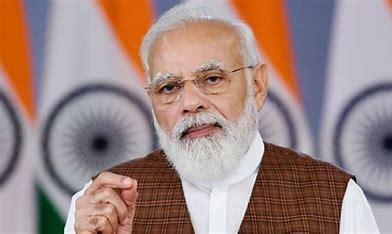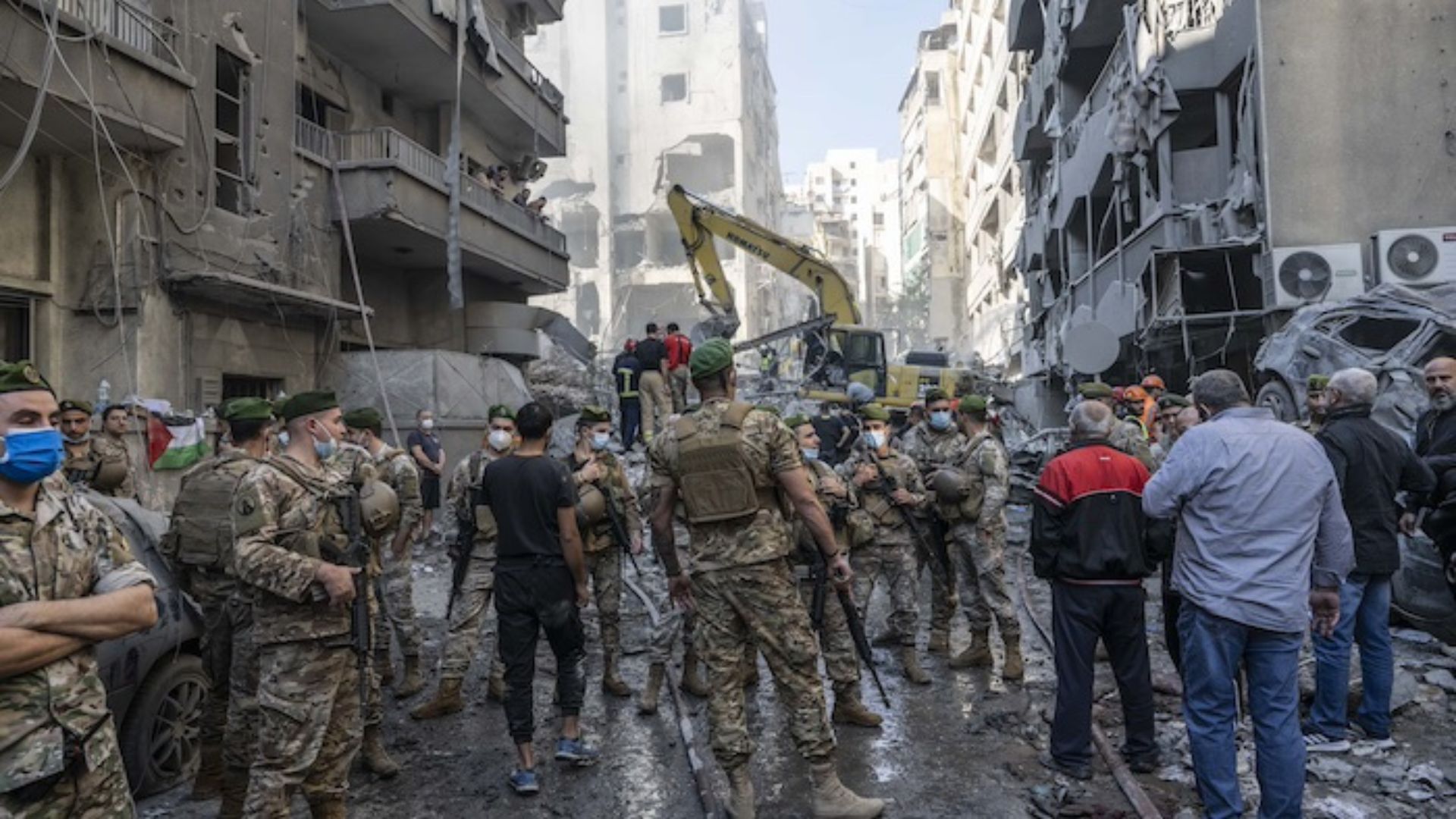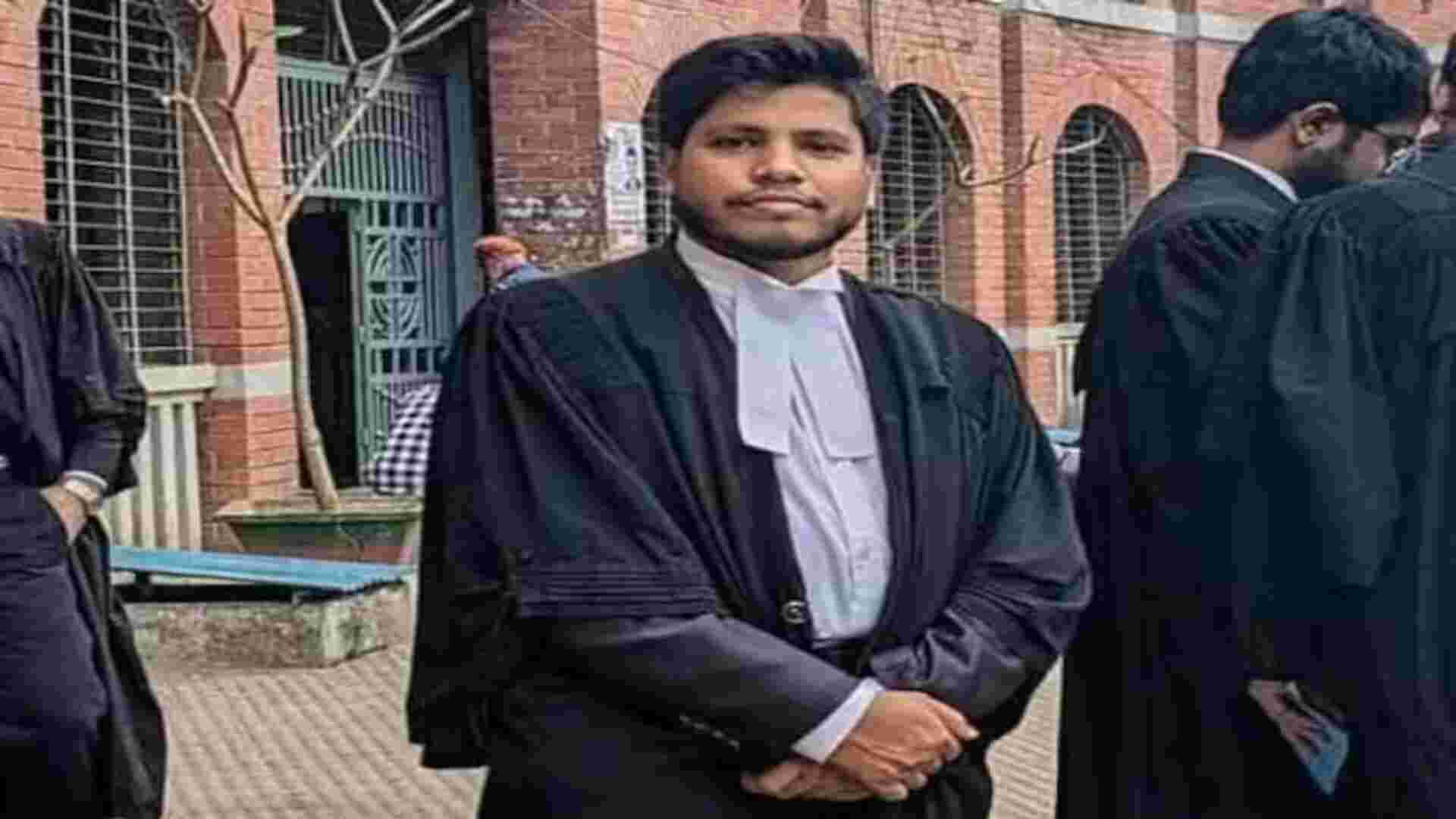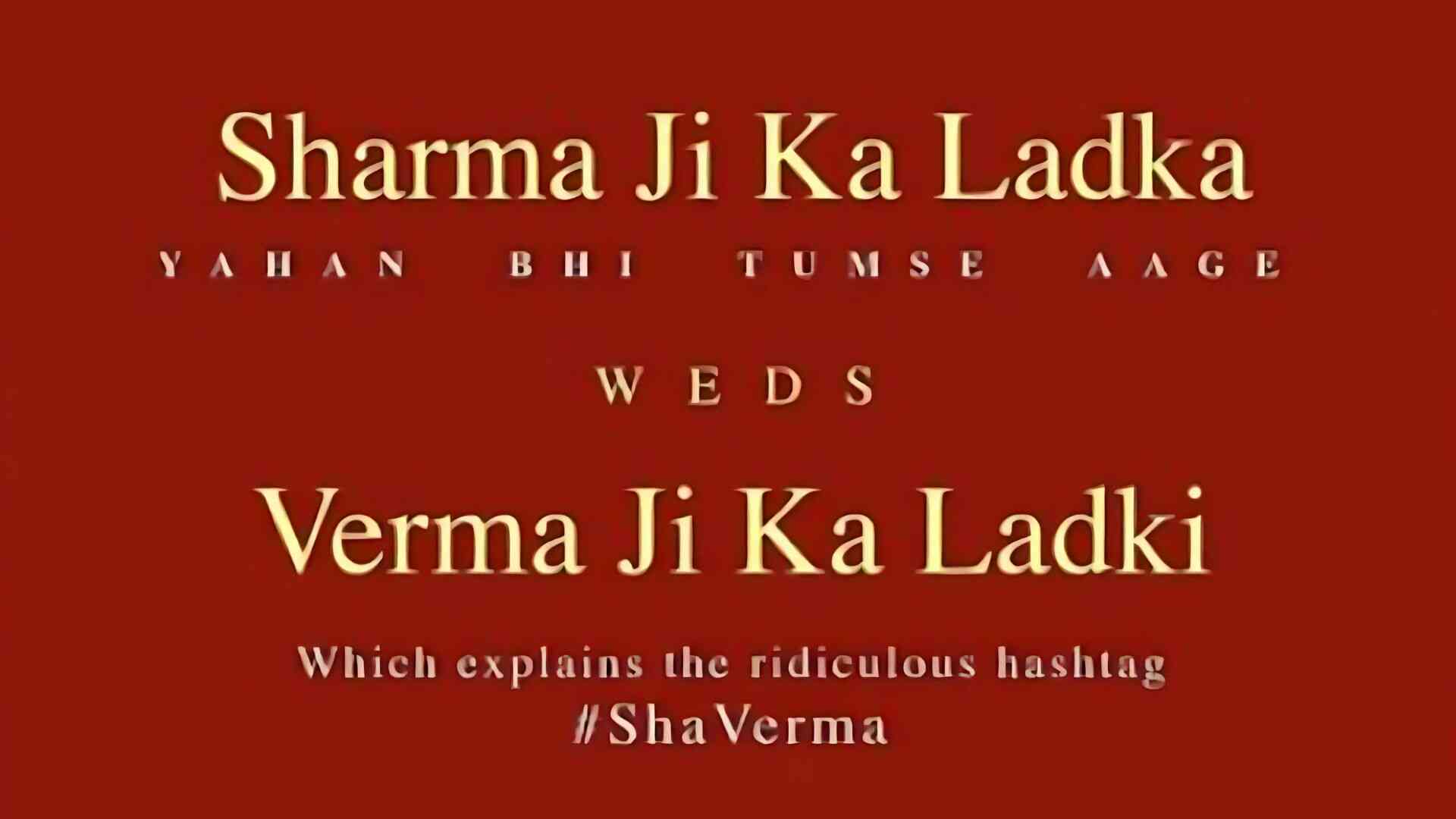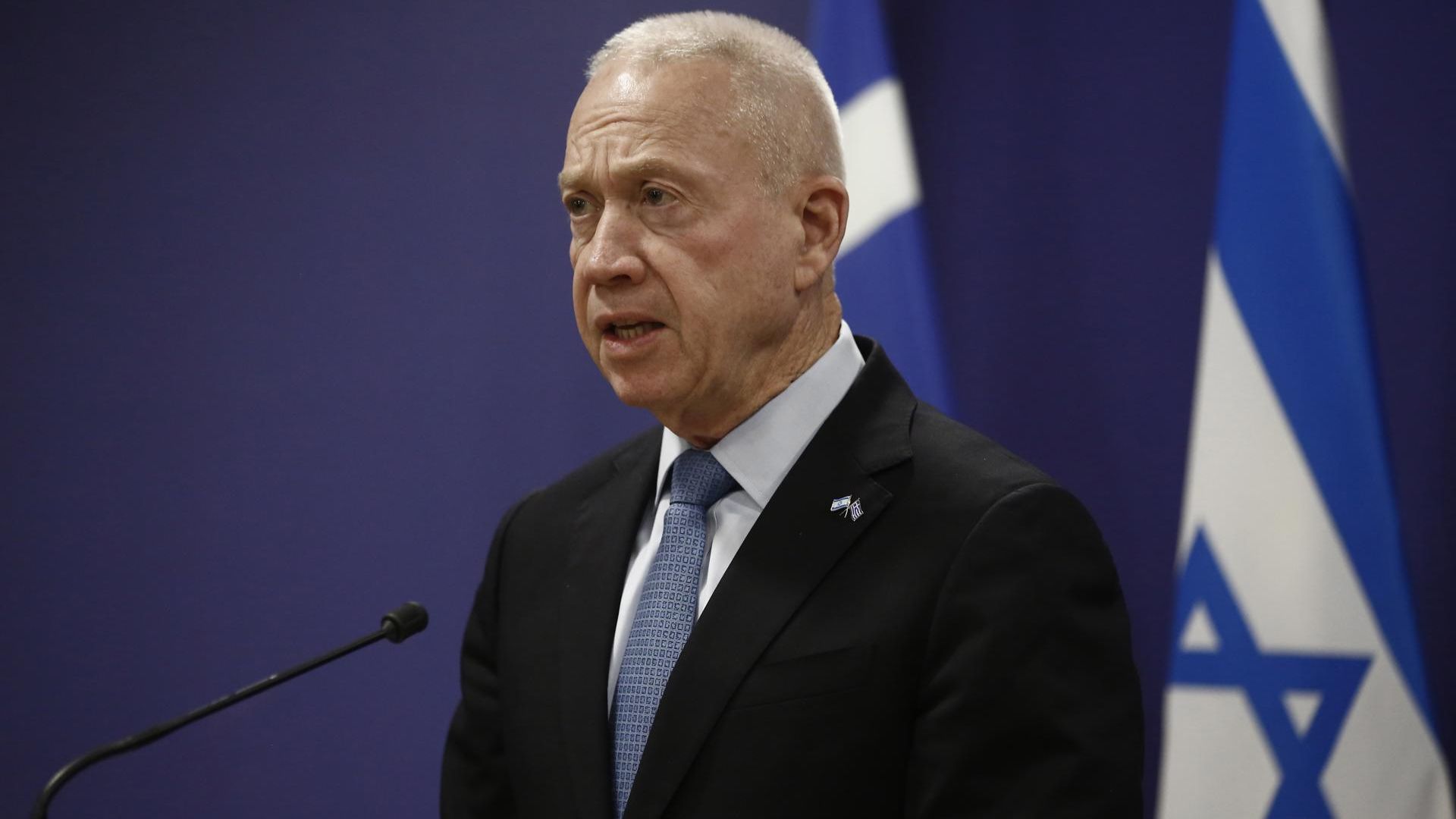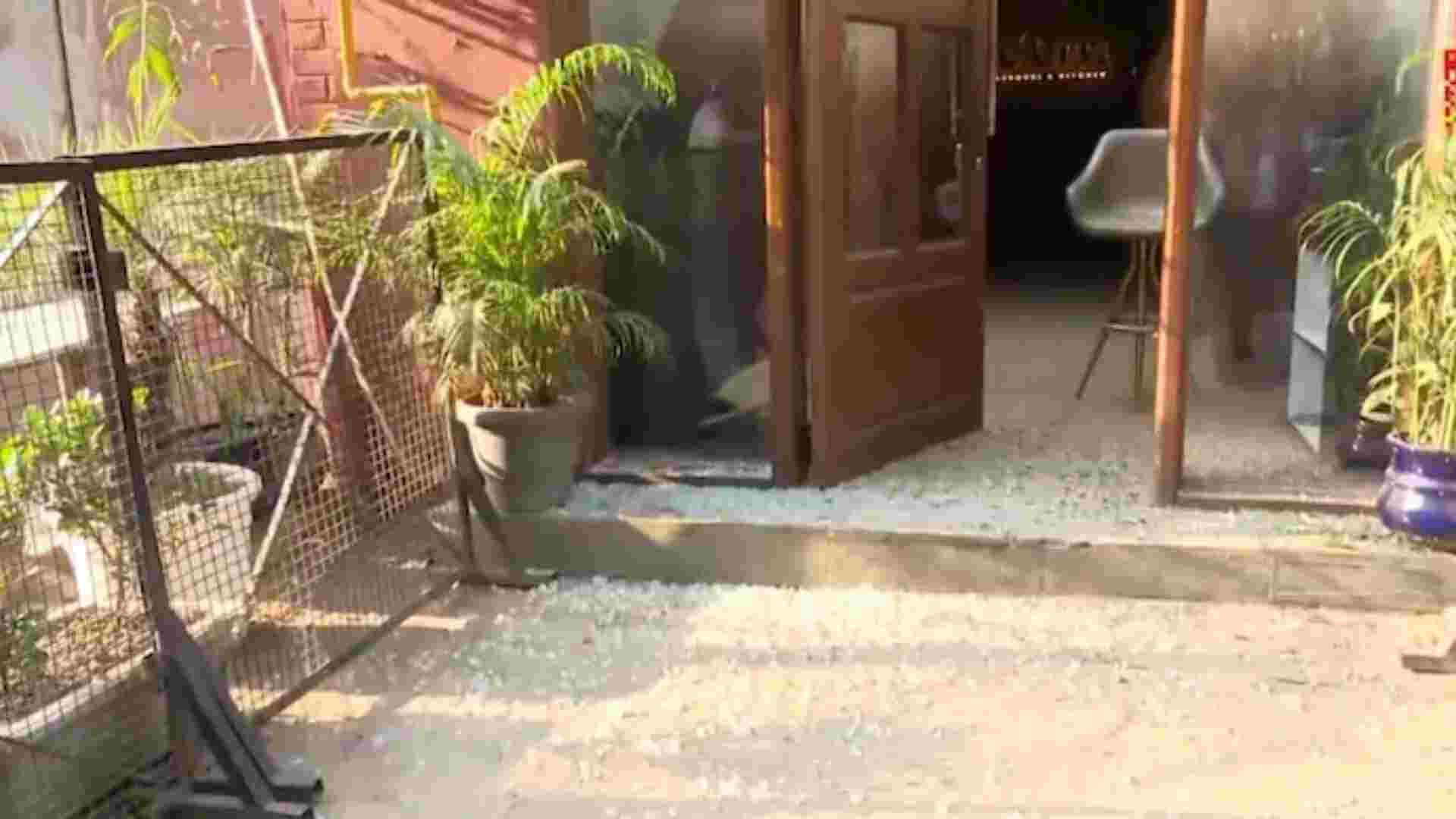
The Supreme Court in the case Simarnjit Singh V. State of Punjab observed and has reiterated that the process of drawing of samples as stated under Section 52-A of the Narcotics Drugs and Psychotropic Substances Act, 1985, NDPS Act has to be in the presence and under the supervision of the Magistrate.
The court held that the entire exercise of collecting the sample must be certified by the Magistrate to be correct.
The Division bench comprising of Justice Abhay S Oka and Justice Rajesh Bindal in the case observed while considering the appeal made by the person who is convicted by the Special Judge as stated under Section 15 of the NDPS Act for possession of poppy husk.
Therefore, the Appeal is dismissed by the High Court and hence aggrieved with the same he approached the Apex Court.
In the present case, the case of the appellant being that the prosecution is vitiated as the sample-drawing was not done in accordance with Section 2 of Section 52A of the NDPS Act. Therefore, it was argued before the court that the sample was drawn by PW-7, and his examination-in-Chief would show that the samples were drawn immediately after seizure of the contraband.
The Apex Court in the case observed and has relied on the decision in the case Union of India v. Mohanlal & Anr, wherein the court reiterate that there is no provision under the NDPS Act that mandates taking of samples at the time of seizure. However, the drawing of samples must take place before a Magistrate and since most often, seizure occurs in the absence of a Magistrate, the question of drawing of samples at the time of seizure does not arise.
Further, the court stated that as per the said decision it is especially being important as the samples drawn and certified by the Magistrate constitute primary evidence for the trial.
The Supreme Court in the case observed and has found the procedure followed by the prosecution to be contrary to the law laid down in the above case is that the act of PW-7 of drawing samples from all the packets at the time seizure is not in conformity with the law laid down by this Court in the case of Mohanlal. Therefore, it creates a serious doubt about the case of the prosecution that substance recovered was a contraband.
Accordingly, the court allowed the appeal and has set aside the conviction.
